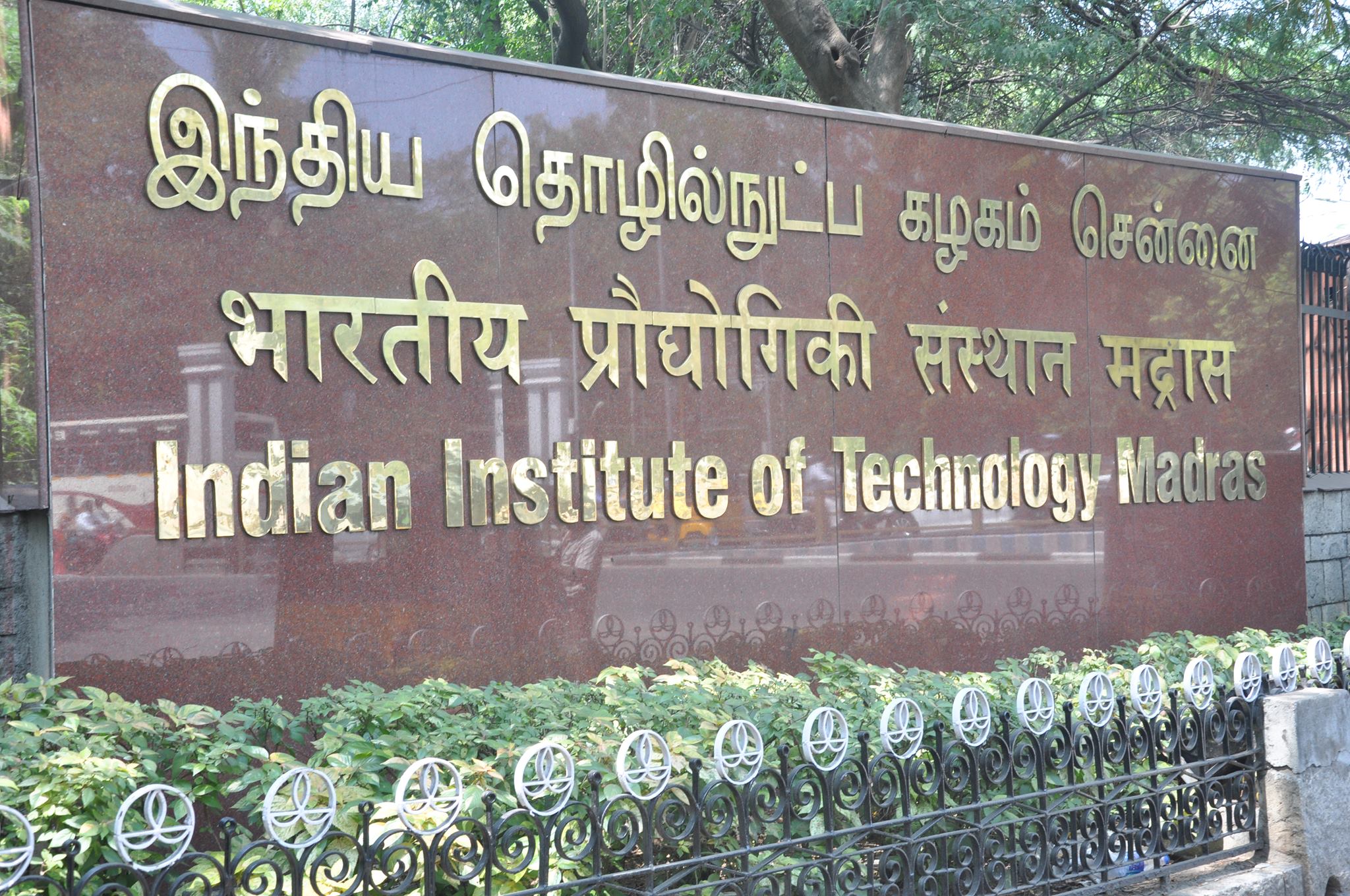Global technology company, Altair, has announced its collaboration with Indian Institute of Technology Madras, to add the Shakti processor to the support portfolio of Altair Embed.
The Shakti processor – India’s first indigenous RISC-V processor – is the result of an initiative backed by the Ministry of Electronics and Information Technology, Government of India, and Pratap Subrahmanyam Centre for Digital Intelligence and Secure Hardware Architecture to promote indigenous development of products that offer security and visibility for users adopting the RISC-V technology, a release said.
For more than 30 years, Altair Embed has been a proven tool for model-based firmware development of embedded systems, including motor control, Internet of Things (IoT) devices, and vision systems.
It provides a visual environment to build and validate reliable embedded systems via simulation or hardware-in-the-loop (HIL). Altair Embed helps users iterate code faster and improve system efficiency, giving confidence that embedded systems are production-ready.
Shakti processors are industrial-grade processors aimed at embedded applications, robotic controllers, and IoT boards. By supporting Shakti processors, Altair Embed broadens its presence in developing embedded firmware for internet-connected devices.
Key features in Altair Embed include:
- Extensive hardware support – Altair Embed supports more than 1200 microcontrollers and processors from leading vendors, including Texas Instruments, STMicroelectronics, Arduino, and Raspberry Pi. Altair Embed includes a visual RTOS with interrupt-driven device drivers for UART, I2C, CAN, and more.
- Automatic C code generation – Altair Embed greatly speeds embedded development by combining off-line testing with automatic C code generation using the same diagram. Users can develop complex, time-critical applications with no C coding knowledge. The code Altair Embed generates is highly optimized and performs within 4 percent of expert hand code.
- Combine data flow and UML state chart logic – Altair Embed lets users add state chart decision logic anywhere within a block diagram and easily exchange data between the statechart and the continuous portion of a diagram. It also allows users to interactively simulate a diagram or generate code to run on an embedded target. Additionally, the continuous portion of the block diagram can control state chart execution.
“Altair believes that collaboration with academic institutions is a powerful and effective tool to advance technological initiatives,” said Altair chief scientist Peter Darnell.
“We have been following the open-source RISC V architecture for some time and it’s exciting to see Dr. Kamakoti and IIT Madras make such creative use of it,” he added.
“It was exciting to build an indigenous processor from scratch and more exciting to take it to a production level. It was largely a student-driven effort backed by industry veterans who dedicate themselves to the project never-minding a large pay cut,” said Prof. V. Kamakoti, Department of Computer Science and Engineering, IIT Madras.





